It turns out that friendship not only plays a key role in a person’s overall well-being, but it also brings satisfaction to people’s lives and even helps them live longer. We decided to find out what parents can do to help their children do well in this crucial area of life.
1. Popularity can vary.

When we think of popularity in school, we tend to think of the “cool kids” (think Regina George in Mean Girls), but that’s only one kind – status. Trying to move up in the school hierarchy can lead children and teens to engage in dangerous activities or be aggressive – and status-obsessed people can grow up to have relationship problems.
Another thing that makes people popular is how people perceive them as likeable. Psychologist Mitch Prinstein says that kids who are liked by others are more inclined to lead quietly, help others and cooperate. This kind of popularity, based on good interpersonal relationships, helps you later on in life. Studies show that these kids earn more when they grow up.
2. Take a moment to reflect on your experience.
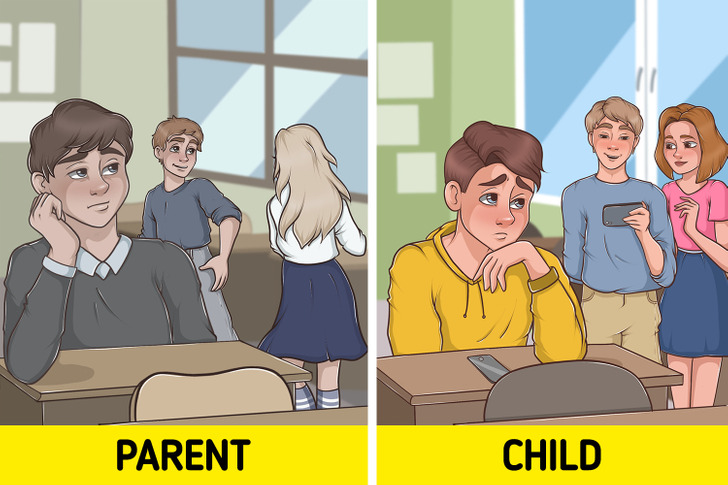
Parents can help kids develop more likeable traits because their parenting style has a big impact. First, think back to your school days. If you’ve experienced some unresolved trauma, it could have a negative impact on your child. Research shows that parents who had a rough time in their teenage years don’t pay much attention to their kids’ relationships and don’t step in when they need to.
Here’s what you can do: Take a look at your relationships from when you were a kid and a teenager. If you felt lonely or anxious, it’s important to make sure you’ve processed those feelings so they don’t affect how you view your child’s friendships.
3. Be careful with criticism.
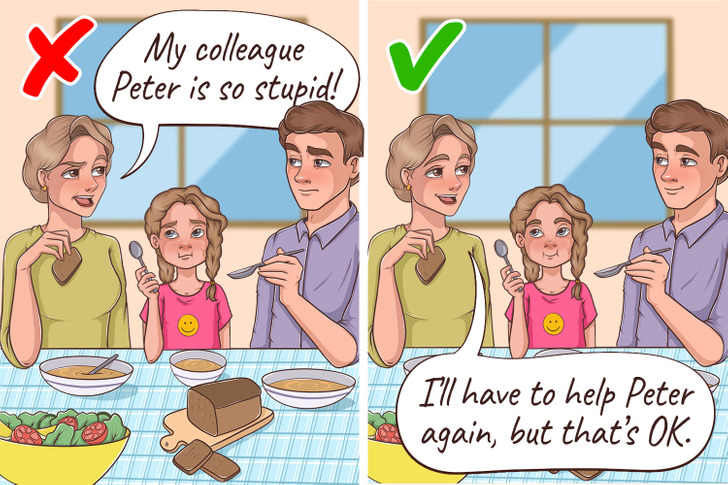
It’s important to remember that being overly critical of your child might make them more aggressive and cause behavioral problems. This also makes kids less likable by their peers, because it has a negative impact on their social relationships. Since kids learn how to be kind and cooperative from the people around them, it’s a good idea to show these behaviors in the way you treat others.
Here’s what you can do: Try to keep your cool around your child to avoid getting angry at them and also at other people.
4. It’s important to be able to control your emotions.
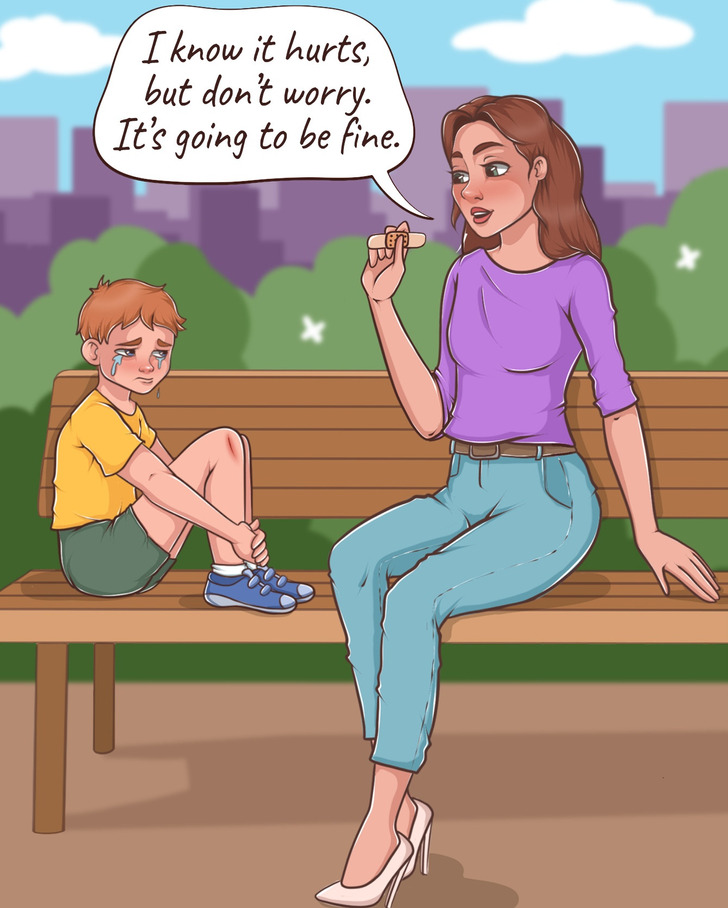
To build stronger, more meaningful friendships, kids should learn to manage their emotions effectively. It doesn’t mean keeping them bottled up; it’s quite the opposite, in fact. Kids sometimes act out when they need to express something but can’t. Empathy is the key here. It teaches kids that even if they’re feeling something negative, it’s not dangerous. They know their parents are there to listen and help them through anything.
Here’s what you can do: Try to make your child feel heard and help them deal with the emotions they experience, especially the negative ones.
5. It’s always good to get involved a little bit.
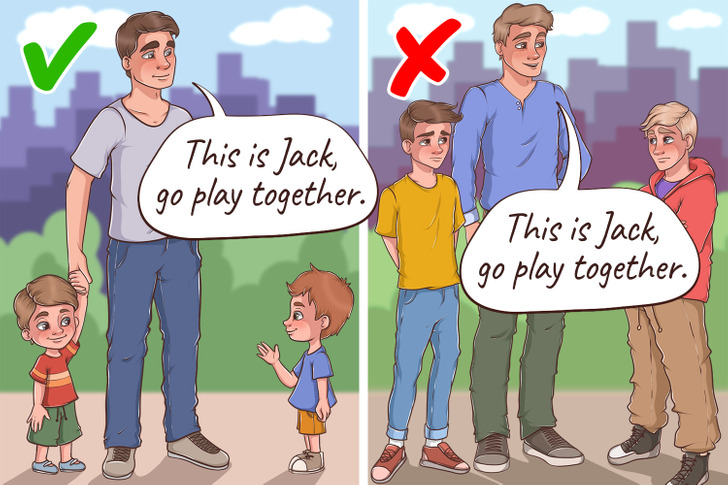
Research has shown that parents can have a positive or negative impact on their kids’ friendships. For instance, it’s a good idea to set up playdates for younger kids, but as they get older, it’s better for them to manage their relationships on their own. Overall, research shows that too much psychological control can ruin kids’ friendships.
Here’s what you can do: As your kids get older, help them make friends, but don’t get in the way too much.
6. Show them how to love themselves first.
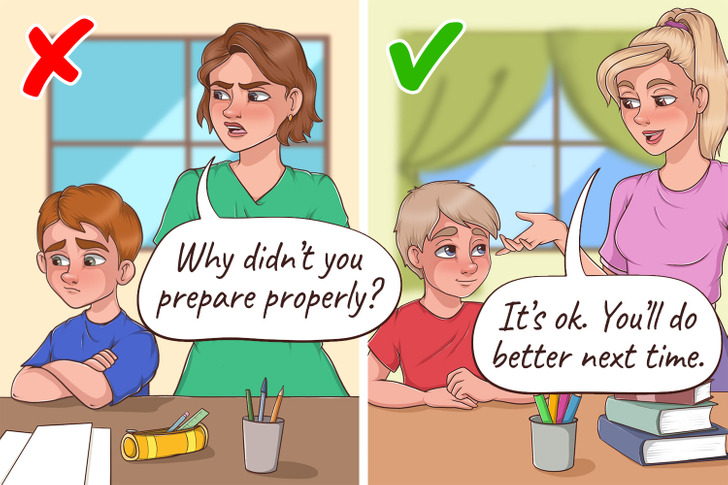
Here’s what you can do: It’s important to teach your child responsibility, but remember that always taking the blame is not a healthy way to respond to negative events.
7. Secure your attachment.
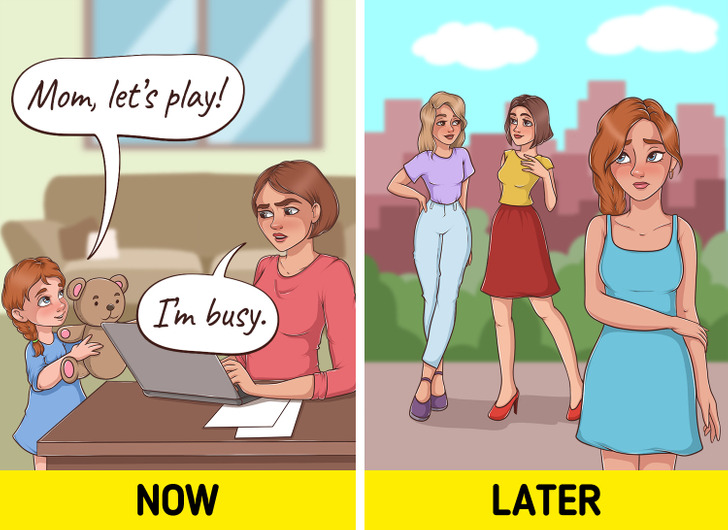
Coming back to the idea that children copy the way they communicate with their peers from the way parents communicate with them, attachment style comes into play. According to researchers, parents should strive for secure attachment. This means that the kid feels confident enough to explore the world on their own but knows at all times that their parents are there for them.
When it comes to how kids communicate, it’s important to remember that they learn from their parents. This is why attachment style is so important. Researchers say that parents should try to create a secure attachment with their kids. This means that the child feels confident enough to explore the world on their own, but knows that their parents are there for them when they need them.
Here’s what you can do: Take a look at the attachment styles below and make sure yours is secure.







